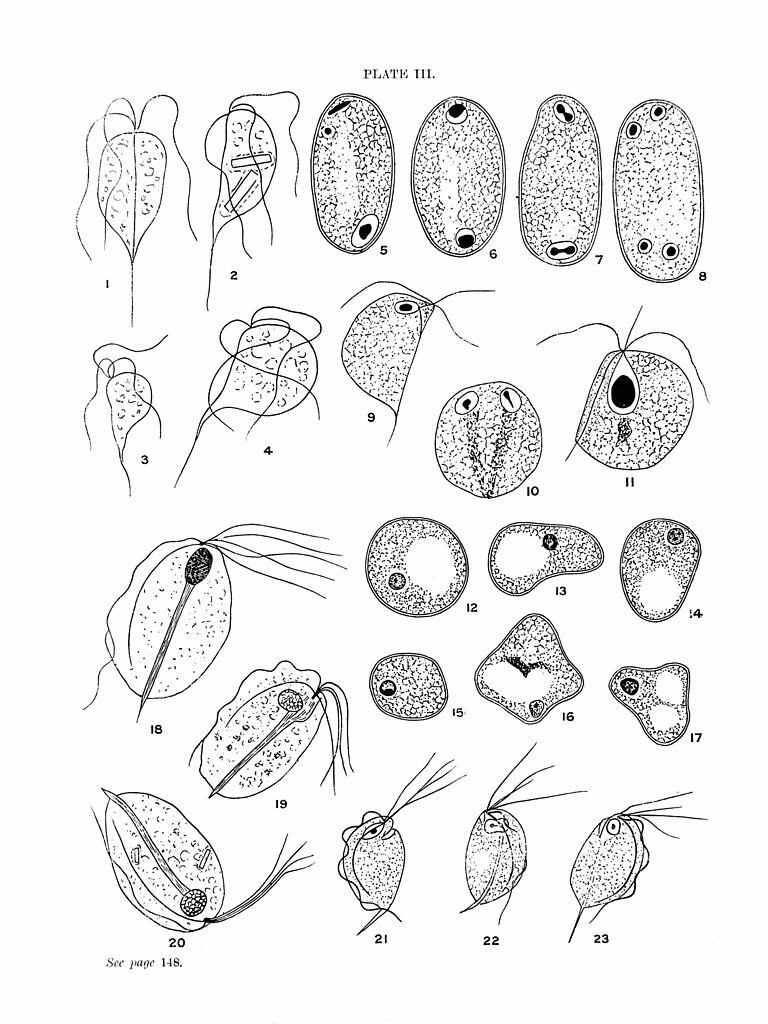
Faecal Parasite diagnosis - UKAS accredited test
Faecal microscopy (including hot stool)
A concentration technique is routinely performed on all faecal samples for the presence of cysts, ova, and larvae. Direct saline smears are examined on samples that are 24 hours old or less where trophozoite stages of protozoan parasites are suspected.
Sample requirement: Minimum of ¼ specimen pot of faecal sample. Ova, cysts, and parasites may be passed intermittently therefore three samples may be required to be examined. Ova, cysts and parasites will diminish over time therefore it is more ideal for the sample to be less than 2 days old upon receipt at LSTM, however older stools will not be rejected.
Key factors affecting test: trophozoites may only survive for up to 24 hours in voided faecal samples
If Entamoeba histolytica trophozoites are suspected a “hot” stool must be examined.
Hot stool sample requirement: specimen must reach the laboratory within 30 minutes of sample being produced and must be marked as a hot stool, this will then be examined with priority. Methanol fixed faecal smears can be made at requesting site if the sample can not arrive at CDPL within 30 minutes, these smears can then be sent to CDPL for staining and examination.
Faecal staining methods
Cryptosporidia
Slides from concentrated faecal deposit are stained using the Z-N technique for identification of oocysts.
Sample requirement: minimum of ¼ pot of faecal sample. Ova, cysts and parasites may be passed intermittently therefore three samples may be required to be examined.